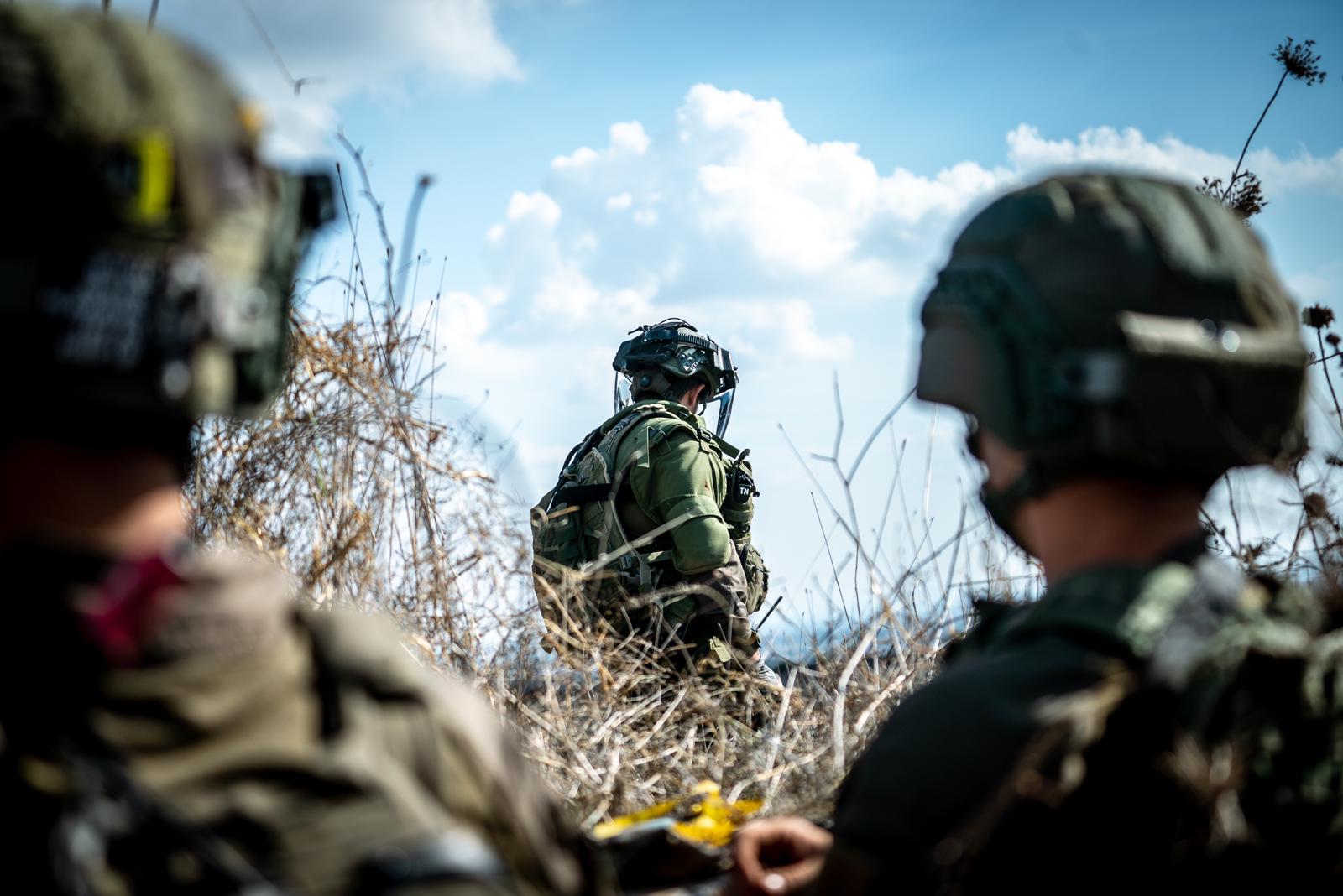More on the Romney Team Interrogation Memo
Last week Ben argued that, despite the Romney Team memo on interrogation and Romney’s promise to use “enhanced” interrogation techniques, a President Romney would not change the Obama interrogation policy, “at least not in the short term,” because (I summarize) (a) the CIA doesn’t want back in the interrogation game, (b) U.S.
Last week Ben argued that, despite the Romney Team memo on interrogation and Romney’s promise to use “enhanced” interrogation techniques, a President Romney would not change the Obama interrogation policy, “at least not in the short term,” because (I summarize) (a) the CIA doesn’t want back in the interrogation game, (b) U.S. forces are not capturing lots of high-value detainees, (c) the ones we are capturing are talking under the current rules, and (d) the Obama EO permits the AG to give new and expansive legal guidance. I agree with Ben but have a few additional thoughts.
Both the memo and Romney’s promise to “use enhanced interrogation techniques which go beyond those that are in the military handbook right now” are (like Senator Obama’s campaign criticisms about military detention and military commissions and restrictions on habeas corpus, and his promises to close GTMO and be less secretive) driven by campaign imperatives that will have little relevance to or impact on governing. If he were to win the election, a President Romney would have relatively little discretion to alter Obama’s interrogation policies (which themselves were not as much of a departure from the late Bush interrogation policies as commonly advertised). First, “enhanced interrogation” is a loaded phrase – it might entail nothing more than a very slight change in interrogation techniques, and might involve nothing more than a slight loosening of approval authorities for the enhanced procedure (“separation”) in the Obama-era Appendix M in the current Field Manual. Second, I think Ben understates when he says the CIA does not want back in the aggressive interrogation game. As a result of the many wrenching investigations (some still ongoing) and other consequences of its interrogation experiences during the last decade, I think the CIA (and DOD, and the rest of the intelligence community) would firmly resist any resumption of official responsibilities for interrogation techniques that departed a lot from the current settlement. Third, I think the likelihood of a return to waterboarding and other extreme interrogation techniques is – despite polls and Romney campaign statements – nill. There are many reasons for this, including bureaucratic resistance, but the main one is that such techniques are now indisputably illegal, and I do not believe that both Houses of Congress would vote to wind back the protections of the Detainee Treatment Act and common Article 3 of the Geneva Convention.
In short, many of the reasons that led Obama to depart much less from his predecessor on counterterrorism policy issues than was expected – especially the persistence in outlook of the bureaucracy and legal reform – would lead a President Romney to depart relatively little from his predecessor, especially (as Ben said) in the short term. But while I do not think we should expect stark differences in interrogation and other counterterrorism policies and initiatives between the two presidencies, I do think that similar policies and initiatives by the two presidents will be received – by the Congress, courts, and the public – much differently. I will return to this topic – which touches on what is really at stake for counterterrorism policy in this election – later today.
Jack Goldsmith is the Learned Hand Professor at Harvard Law School, co-founder of Lawfare, and a Non-Resident Senior Fellow at the American Enterprise Institute. Before coming to Harvard, Professor Goldsmith served as Assistant Attorney General, Office of Legal Counsel from 2003-2004, and Special Counsel to the Department of Defense from 2002-2003.


.jpg?sfvrsn=407c2736_6)


